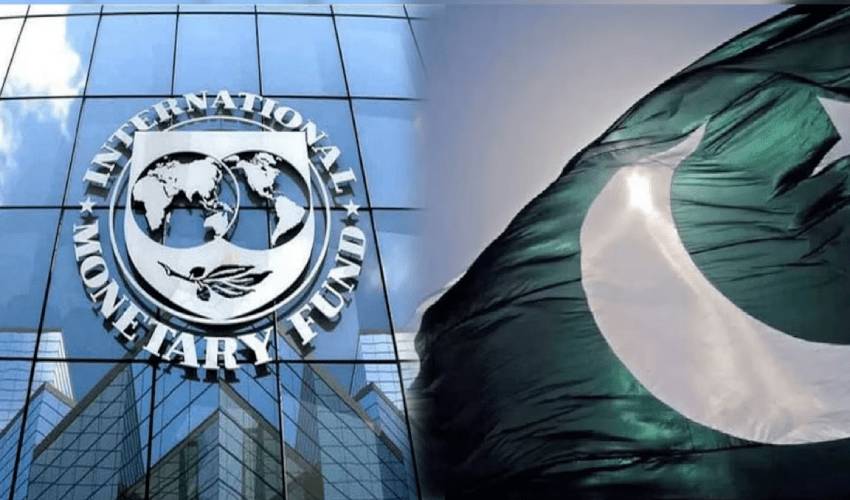Pakistan
The Finance Ministry of Pakistan has begun laying the groundwork to secure the next $1.1 billion tranche from the International Monetary Fund (IMF) as part of the $7 billion bailout program.
In a concerted effort to comply with the stringent conditions set by the IMF, the government is preparing for the first economic review, which is scheduled to take place in early 2025.
Official documents reveal that the government is fully committed to meeting the IMF’s demands. A primary target for Pakistan is to reach a tax collection goal of Rs6,009 billion by December 2024, followed by Rs9,168 billion by March 2025.
Furthermore, the government has pledged not to grant any new tax amnesties or concessions to any business sector, a move designed to improve tax compliance and boost national revenue.
The Finance Ministry has outlined several key reforms as part of its commitment to the IMF program. Among these is the amendment of the Civil Servants Act by February 2025, which will require officials and their families to declare their assets.
Additionally, the government plans to implement tax collection on provincial agricultural income and establish risk management systems in major tax units located in Islamabad, Karachi, and Lahore.
Further reforms include the introduction of a 5% duty on fertilizers and pesticides in the next fiscal budget and a Rs3,000 increase in the stipend for beneficiaries of the Benazir Income Support Programme (BISP).
The increase will be adjusted in the future according to inflation rates. The government also intends to publish a Governance and Corruption Assessment Report by July 2025.
In the energy sector, the government plans to cap energy sector liabilities at Rs417 billion, while tax refunds will be limited to Rs24 billion.
Additionally, the government will cease gas supplies to captive power plants by January 2025 and proceed with the privatization of two power distribution companies (DISCOs).
Another crucial condition is the government’s commitment to ensuring that supplementary grants are not announced without parliamentary approval and that there will be zero credit provisions from the State Bank of Pakistan.
The government is also working on the gradual right-sizing of public institutions, which is expected to help streamline operations and reduce inefficiencies.
A spokesperson for the Finance Ministry reaffirmed the government’s dedication to the macroeconomic reforms necessary to meet the targets set by the IMF.
The spokesperson also assured that the 37-month IMF program would be successfully completed, with Pakistan aiming to increase its foreign exchange reserves to cover three months of imports as a vital condition for maintaining the bailout program.
I am a dynamic professional, specializing in Peace and Conflict Studies, Conflict Management and Resolution, and International Relations. My expertise is particularly focused on South Asian Conflicts and the intricacies of the Indian Ocean and Asia Pacific Politics. With my skills as a Content Writer, I serve as a bridge between academia and the public, translating complex global issues into accessible narratives. My passion for fostering understanding and cooperation on the national and international stage drives me to make meaningful contributions to peace and global discourse.










